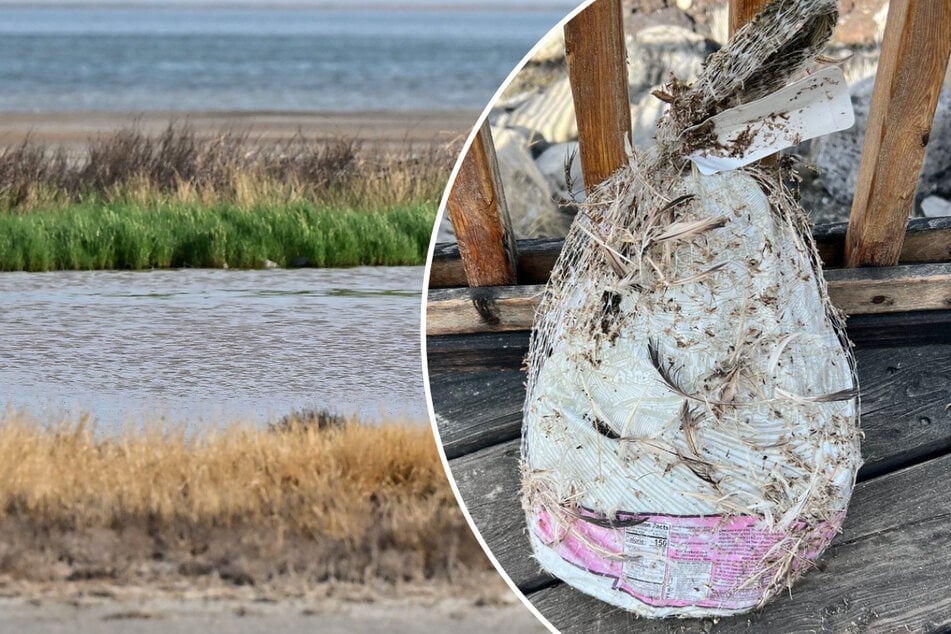Utah park gives bizarre Thanksgiving warning: Don't brine your turkey in the lake!
Salt Lake City, Utah - As hundreds of millions of Americans get ready to celebrate Thanksgiving with a huge feast, park managers are warning budding chefs not to brine their turkey in Great Salt Lake.

The admonition came after workers in the Utah park found someone's bird that had floated off, apparently while they were trying to tenderize it ahead of Thursday's festivities.
"Just your annual reminder not to use Great Salt Lake to brine your turkey," Great Salt Lake state park wrote on its social media feed this week.
"Not only is the salinity too high for a proper brine, the waves can be very strong and there's a good chance you could lose the entire turkey as this person did."
The post was accompanied by a photo of a bird's carcass – still bafflingly wrapped in its store-bought packaging – and covered with bits of grass and muck.
Great Salt Lake is one of the largest landlocked bodies of saltwater in the world. Human activity is putting enormous stress on the lake, which is a vital tourist draw for the region.
In 2022, water levels in Great Salt Lake plummeted to their lowest on record due to a combination of overconsumption by the farming and mining sectors, and a two-decade drought.
The water became so salty that brine shrimp, a major source of income for the local economy, began to die.
Cover photo: Collage: Frederic J. BROWN / AFP & Screenshot/X/@GreatSaltLakeSP